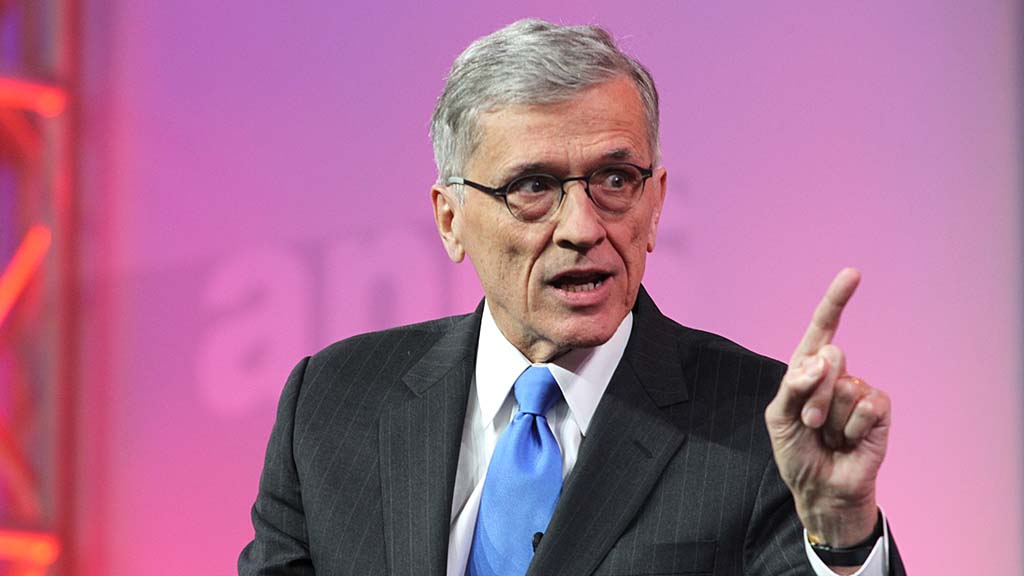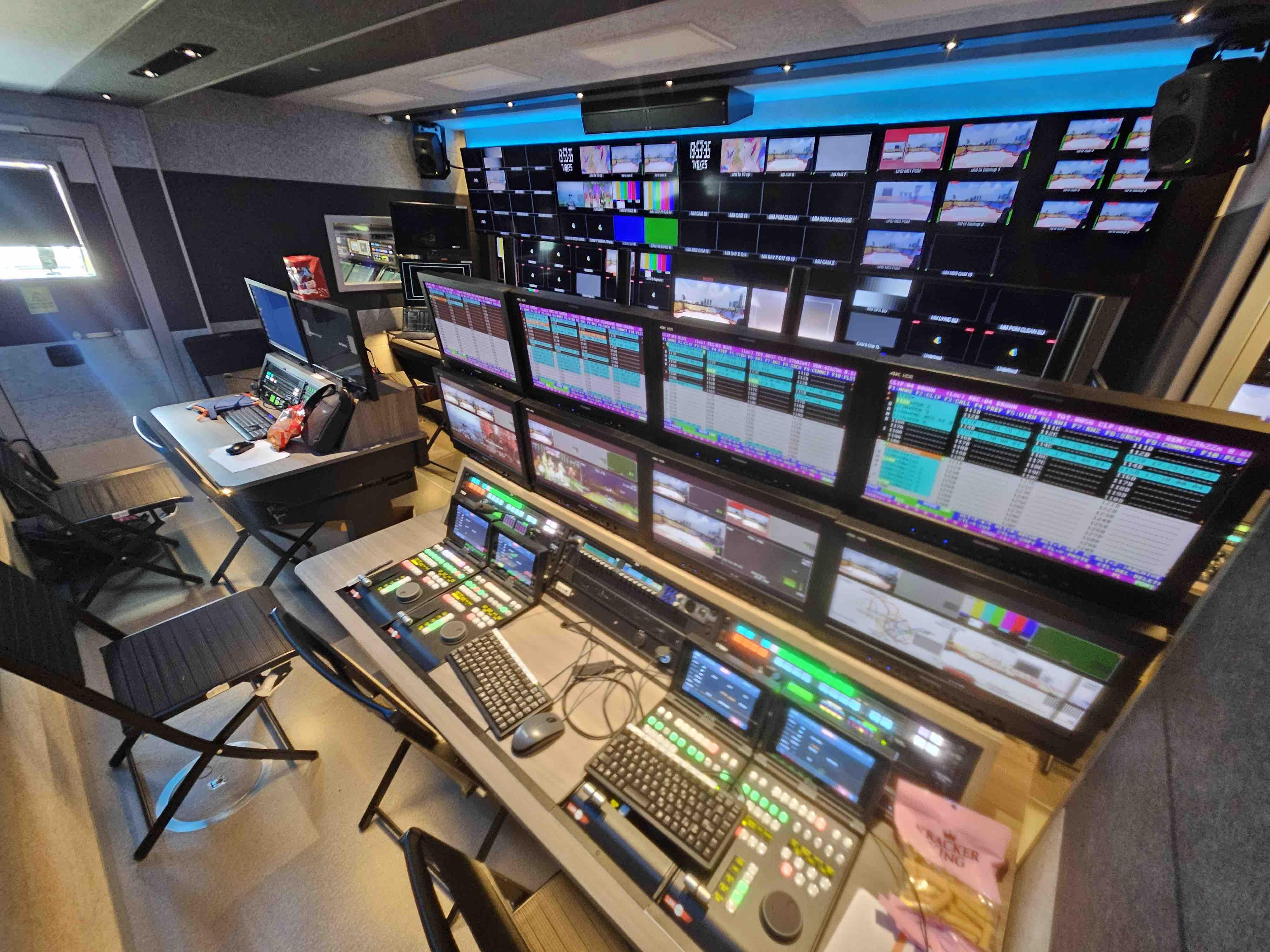Former FCC Chair Issues Warnings About a Trump FCC
Tom Wheeler says federal rules are too vague to prevent a presidential takeover of the independent regulatory agency

For the past several months, Republican presidential candidate Donald Trump has heavily criticized U.S. broadcasters, claiming biased coverage that favors Democrats and even threatening to revoke broadcasters' licenses if he is elected next week.
Despite pushback from FCC chair Jessica Rosenworcel—who responded to former President Trump, stating “the FCC does not and will not revoke licenses for broadcast stations simply because a political candidate disagrees with or dislikes content or coverage”—one former FCC chief warns that such determination may not be enough to prevent damage to the commission.
The FCC is considered an “independent” regulatory agency and, as such, is less subject to a president’s individual whims. However, in a blog post on Brookings.edu, Tom Wheeler, who served as agency chairman during the second Obama administration from 2013-2017, said that if Trump follows through on a campaign promise to bring such independent regulatory agencies under presidential authority, he could assume sole power over the commission under the guise of a national emergency.
Section 706 (codified as 47 USC 606), titled “War Emergency—Powers of the President,” in the Communications Act of 1934 that created the FCC, reads:
“(c) Upon proclamation by the President that there exists war or a threat of war, or a state of public peril or disaster or other national emergency … the President, if he deems it necessary in the interest of national security or defense, may suspend or amend, for such time as he may see fit, the rules and regulations applicable to any or all stations or devices capable of emitting electromagnetic radiations within the jurisdiction of the United States as prescribed by the Commission, and may cause the closing of any station for radio communication.”
Wheeler also warned that another part of the section refers to wired networks and could potentially apply to the internet. Since the Communications Act does not define what constitutes a “national emergency,” Wheeler said that based on past history, Trump would cut a wide swath with such privileges, adding that when he was president, Trump claimed total authority, once saying “I have Article II [of the Constitution], where I have the right to do whatever I want as president.”
“The terms ‘war or a threat of war, or a state of public peril or disaster or other national emergency’ are not defined by the Communications Act,” Wheeler wrote. “Such declarations of national emergency were, however, a go-to solution when Donald Trump was in office.”
The professional video industry's #1 source for news, trends and product and tech information. Sign up below.
Wheeler called on Congress to step in.
“The institution that created these broad powers, the Congress, has an important role as overseer of the authority they have delegated to the executive,” he wrote. “Congress constantly holds oversight hearings on the agencies of the executive branch; hearings on the unilateral powers granted to the president are warranted. The threshold question for such hearings should be whether there are sufficient guardrails in place to protect against their abuse, and what such protections should look like.
“Regardless of who wins the election—Congress should review whether the unilateral powers granted to the president in the 20th century need updating for the 21st century,” Wheeler said.
Tom has covered the broadcast technology market for the past 25 years, including three years handling member communications for the National Association of Broadcasters followed by a year as editor of Video Technology News and DTV Business executive newsletters for Phillips Publishing. In 1999 he launched digitalbroadcasting.com for internet B2B portal Verticalnet. He is also a charter member of the CTA's Academy of Digital TV Pioneers. Since 2001, he has been editor-in-chief of TV Tech (www.tvtech.com), the leading source of news and information on broadcast and related media technology and is a frequent contributor and moderator to the brand’s Tech Leadership events.

